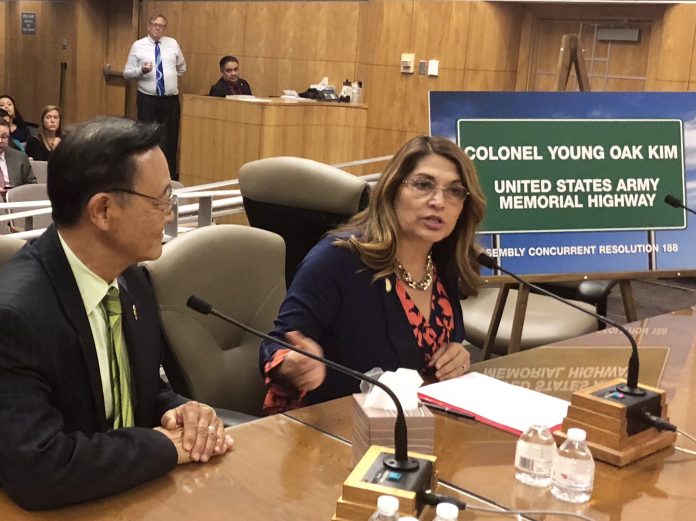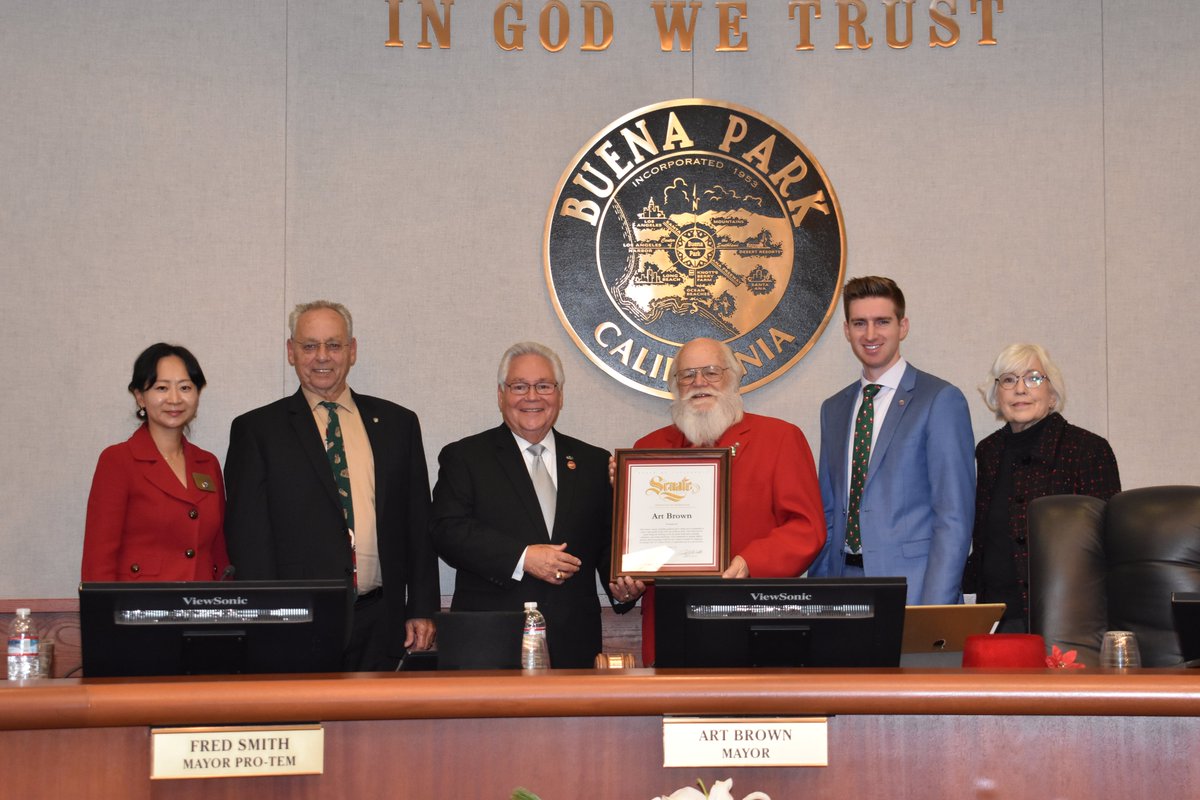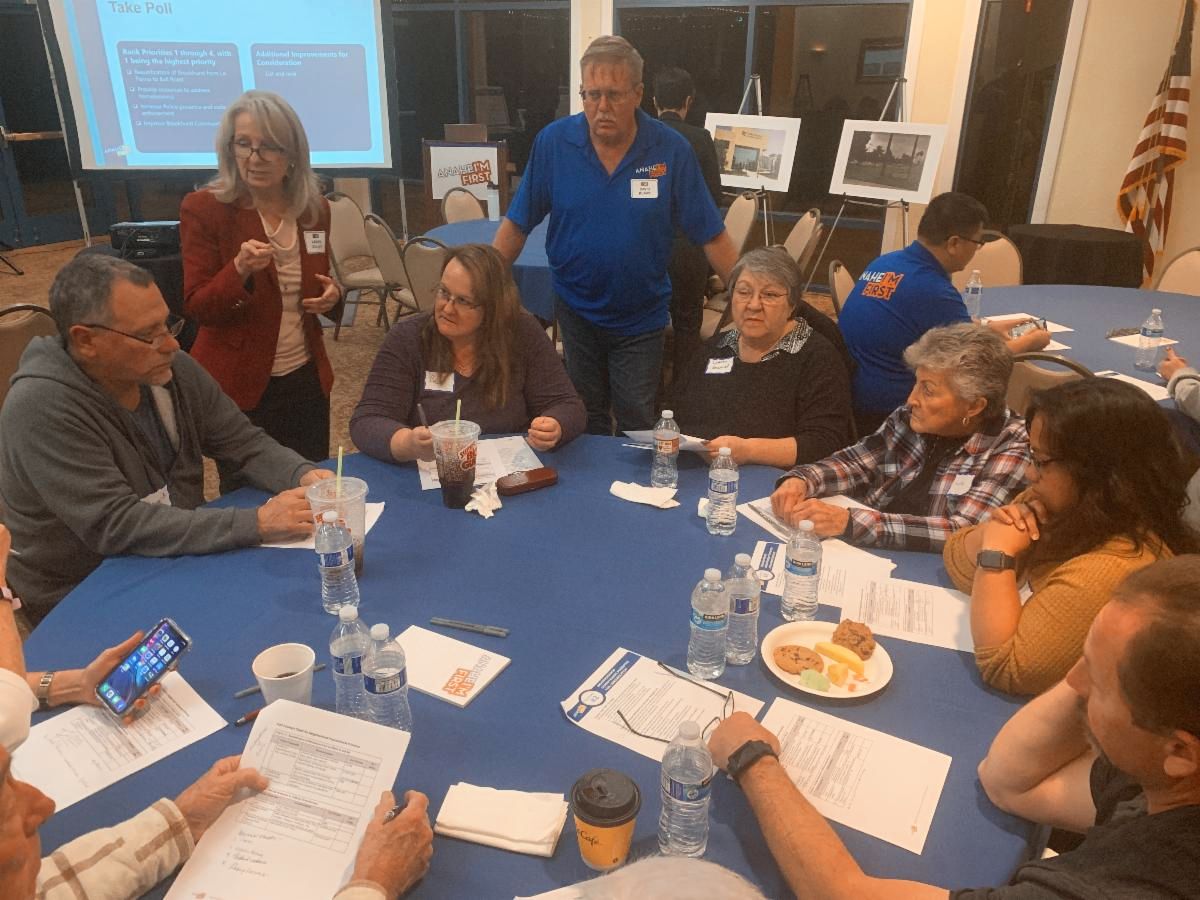Resolution to honor California’s Colonel Young Oak Kim, U.S. Army, passes first legislative hurdle

Assemblymember Steven Choi and Assemblywoman Sharon Quirk-Silva (D—Orange County) move Assembly Concurrent Resolution (ACR) 188 through the State Senate Transportation Committee. ACR 188 would designate a specified portion of Interstate 5 in the County of Orange as the Colonel Young Oak Kim, United States Army, Memorial Highway. The measure would also request the California Department of Transportation to place signs along the highway showing this special designation. The cost of the signs that memorialize the Korean American Colonel will be covered by donations from non-state sources.
“I am proud to be able to honor this leader, and ask you to join men in saying thank you for the remarkable contributions made by Colonel Young Oak Kim. He holds a special place in the Korean American community of California from which he was born, and with further awareness of his deeds, more and more Americans will remember his valor and integrity,” said Quirk-Silva. “This memorial will celebrate his heroic efforts in the U.S. Army’s 100th Infantry Battalion, and his life as a champion of human rights; serving underprivileged, and minority populations.”
Colonel Kim was born in California, and grew up in Downtown Los Angeles. During WWII, he fought with the 100th Infantry Battalion, a segregated unit of Japanese Americans from Hawaii. He was the only non-Japanese American. He later rejoined the Army to fight in the Korean War. Kim was the Asian American to command a regular U.S. combat battalion.
For his military service, Colonel Kim earned an unprecedented number of awards: Distinguished Service Cross, two Silver Stars, two Bronze Stars, three Purple Hearts, two Legions of Merit, Italy’s Bronze Medal of Military Valor and Military Valor Cross, France’s la Legion D’Honneur, and the Republic of Korea’s Moran Order of Military Merit.
Upon his commission as a second lieutenant in 1943, Kim was assigned to the 100th Battalion/442nd Regimental Combat Team. As the unit’s only Korean American, Kim was offered a transfer due to the Army’s fear of ethnic conflict exacerbated by Japanese colonial rule over Korea. But Kim refused, declaring, “There is no Japanese or Korean here. We’re all Americans and we’re fighting for the same cause.”










